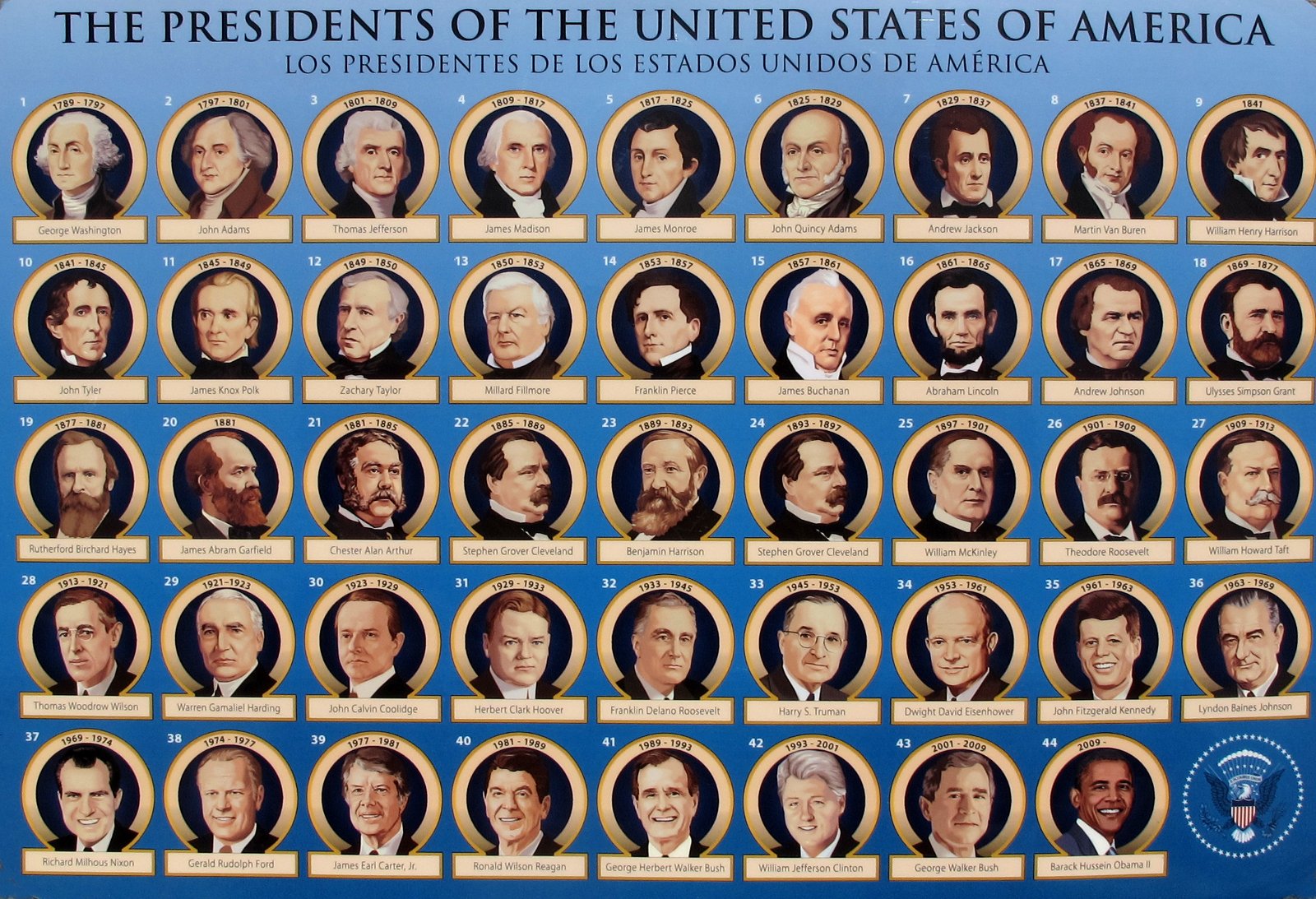The history of the United States is significantly shaped by its presidents, each bringing unique leadership styles and policies to the office. Understanding the contributions of these leaders is essential for grasping the evolution of American governance and its impact on global affairs. In this article, we will explore the lives, achievements, and legacies of 12 key presidents of the United States, providing insights into their personal backgrounds and political philosophies.
From the founding fathers to modern-day leaders, each president has played a crucial role in defining the nation. This detailed examination will not only highlight their individual contributions but also reflect on how their decisions have shaped the current political landscape. By the end of this article, readers will have a richer understanding of the complexities involved in presidential leadership.
Join us as we dive into the lives of these influential figures and uncover the major events and milestones that defined their presidencies. Whether you are a history enthusiast, a student, or simply curious about American politics, this article will provide valuable insights and information.
Table of Contents
- Biography of Each President
- 1. George Washington
- 2. John Adams
- 3. Thomas Jefferson
- 4. James Madison
- 5. James Monroe
- 6. John Quincy Adams
- 7. Andrew Jackson
- 8. Martin Van Buren
- 9. William Henry Harrison
- 10. John Tyler
- 11. James K. Polk
- 12. Zachary Taylor
Biography of Each President
In this section, we will provide an overview of each president's life and contributions. Below is a table summarizing their key personal information:
| Name | Term | Key Achievements |
|---|---|---|
| George Washington | 1789-1797 | First President, established many protocols, led during the Revolutionary War. |
| John Adams | 1797-1801 | Key figure in the American Revolution, defended British soldiers after the Boston Massacre. |
| Thomas Jefferson | 1801-1809 | Authored the Declaration of Independence, responsible for the Louisiana Purchase. |
| James Madison | 1809-1817 | Father of the Constitution, led the nation during the War of 1812. |
| James Monroe | 1817-1825 | Monroe Doctrine, expanded U.S. territory through acquisitions. |
| John Quincy Adams | 1825-1829 | Promoted modernization, infrastructure development. |
| Andrew Jackson | 1829-1837 | Champion of the common man, controversial Indian Removal Act. |
| Martin Van Buren | 1837-1841 | Established the Democratic Party, faced economic hardship during presidency. |
| William Henry Harrison | 1841 | Shortest presidency, died after 32 days in office. |
| John Tyler | 1841-1845 | First vice president to ascend to the presidency, annexation of Texas. |
| James K. Polk | 1845-1849 | Led the nation during the Mexican-American War, expanded U.S. territory. |
| Zachary Taylor | 1849-1850 | Fought in the Mexican-American War, died in office. |
1. George Washington
Early Life and Career
George Washington, born on February 22, 1732, in Westmoreland County, Virginia, was a land surveyor and soldier before becoming the first President of the United States. His leadership during the American Revolutionary War solidified his reputation as a national hero.
Presidency and Legacy
Washington served as president from 1789 to 1797 and set many precedents for the office, including the tradition of a two-term limit. His Farewell Address warned against political parties and foreign alliances, principles that are still relevant today.
2. John Adams
Early Life and Political Involvement
John Adams, born on October 30, 1735, in Braintree, Massachusetts, was a lawyer, diplomat, and a leader in the American Revolution. He played a crucial role in advocating for independence.
Presidency and Impact
Adams served from 1797 to 1801 and faced challenges such as the Quasi-War with France. His efforts to maintain peace and his commitment to the rule of law were notable achievements during his presidency.
3. Thomas Jefferson
Formative Years and Political Philosophy
Born on April 13, 1743, in Shadwell, Virginia, Thomas Jefferson was a polymath and a strong advocate for individual liberties and democracy.
Presidency and Major Accomplishments
Serving from 1801 to 1809, Jefferson's major achievements include the Louisiana Purchase in 1803, which doubled the size of the nation. His vision for America as a nation of farmers and independent citizens has influenced American ideals.
4. James Madison
Background and Role in the Constitution
James Madison, born on March 16, 1751, in Port Conway, Virginia, is known as the "Father of the Constitution." His extensive writings and leadership at the Constitutional Convention were pivotal.
Presidency and the War of 1812
Madison served from 1809 to 1817 and led the nation through the War of 1812, a conflict that tested American sovereignty and national identity.
5. James Monroe
Early Life and Diplomatic Career
Born on April 28, 1758, in Westmoreland County, Virginia, Monroe served in various diplomatic roles before his presidency.
Presidency and the Monroe Doctrine
From 1817 to 1825, Monroe's presidency is marked by the Monroe Doctrine, which warned European powers against further colonization in the Americas, establishing a significant U.S. foreign policy principle.
6. John Quincy Adams
Family Legacy and Career
Born on July 11, 1767, John Quincy Adams was the son of John Adams and followed in his father's footsteps in public service.
Presidency and Advocacy
Adams served from 1825 to 1829, focusing on modernization and infrastructure development. His presidency faced significant opposition, yet he remained committed to his vision for America.
7. Andrew Jackson
Background and Rise to Power
Born on March 15, 1767, in Waxhaws, South Carolina, Jackson was a military hero before entering politics.
Presidency and Controversies
Jackson’s presidency (1829-183




